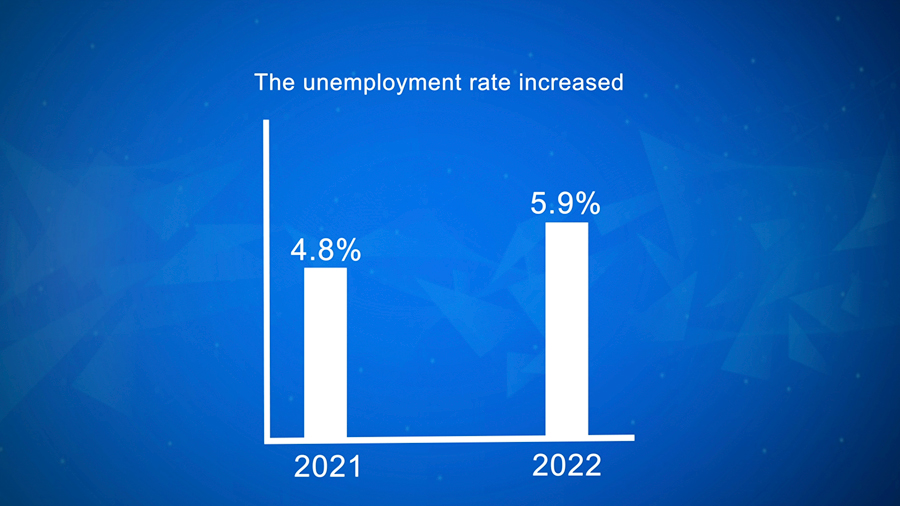
The World Bank’s latest Bhutan Labour Market Assessment Report says job qualities outside the public sector is still weak with rising unemployment in urban areas. The report also states that the country’s labour market is also not able to meaningfully engage Bhutanese women and educated youth. The country’s overall unemployment rate stands at 3.5 per cent while youth unemployment has hit 15.9 per cent.
The report highlights that Bhutan’s employment support programmes are facing challenges, particularly in activating women, providing job-relevant skills, and helping firms access trained labour.
Although the unemployment rate increased during the pandemic for both men and women, women’s unemployment rate grew at a higher rate.
With unemployment rate yet to drop to pre-pandemic levels, the report suggests that the Discouraged Worker Effect might have contributed to the rise in unemployment. Discouraged Worker Effect is the decision a person makes to refrain from searching for jobs due to low chances of employment in the labour market.
Bhutan’s unemployment rates were stable between 2013 and 2019, but rose during the pandemic and continued to rise in 2022.
 The unemployment rate increased from 4.8 per cent in 2021 to 5.9 per cent in 2022.
The unemployment rate increased from 4.8 per cent in 2021 to 5.9 per cent in 2022.
This according to the report could be because workers especially urban women who entered the labour market during the pandemic may have stopped looking for jobs in 2022 due to lesser chances of landing a job.
The report also states that the country’s private sector lacks firm dynamism. More than 95 per cent of private firms are seen having less than five employees and without any substantial growth over time.
Limited job opportunities, especially for skilled workers, and youth migration are attributed to this stunted growth in the private sector.
Most of the business establishments are found concentrated in a few districts, which mostly deal in trade, retail, and food services, with low productivity.
This, according to the report is causing significant challenges for the economic growth and employment.
To address these issues, the report recommends vertical growth policies that focus on sector-specific support for private sector development and job creation.
In addition, the report suggests horizontal reforms that improve the business environment, strengthen human capital accumulation, and enhance the effectiveness of employment support programmes.
Intern (Reshma Rai)
Edited by Kipchu








